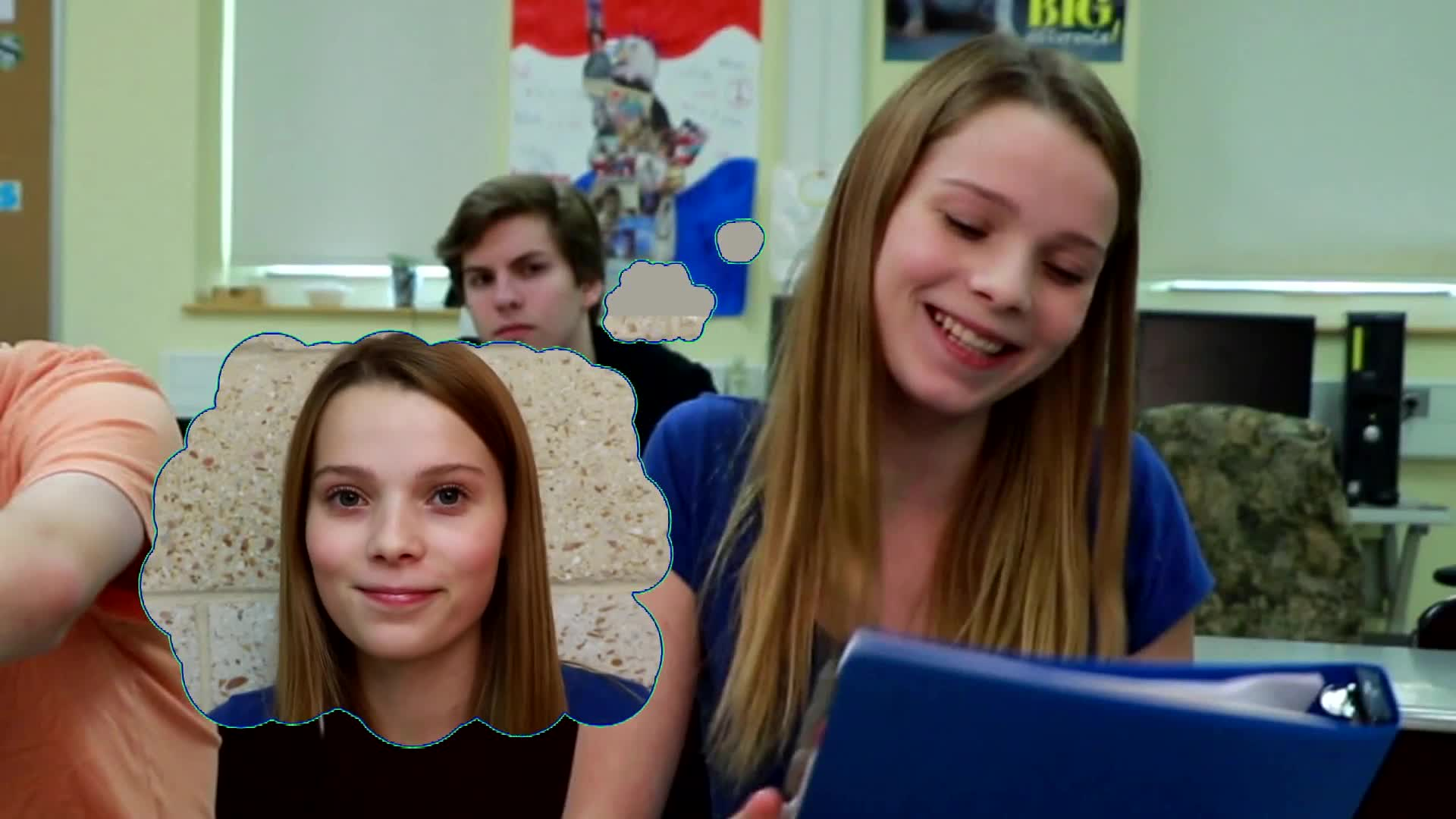
Introduction
Apologizing is an essential skill for building and maintaining healthy relationships. It is crucial for students in special education to learn how to sincerely apologize when they have hurt someone’s feelings, whether intentionally or unintentionally. This blog post will cover an easy-to-implement activity that requires no preparation or materials, discussion questions to stimulate further conversation, related skills, and next steps for educators to explore more resources.
No-Prep Activity: The Apology Role-Play
This activity can be done in a small group or one-on-one setting. Begin by presenting a scenario in which one student has hurt another student’s feelings. For example, you can use the situation provided in the prompt with Alessandra and Mike, where Alessandra unintentionally makes Mike feel worse about forgetting his project at home.
- Ask the students to identify the emotions of both individuals in the scenario.
- Discuss how Alessandra’s actions affected Mike and how she should have responded differently.
- Role-play the scenario, with one student playing Alessandra and another playing Mike. Encourage the student playing Alessandra to practice apologizing sincerely.
- Allow other students to take turns in the roles and practice apologizing in different scenarios.
Discussion Questions
- Why is it important to recognize when our actions have hurt someone’s feelings?
- What are some ways we can show sincerity when apologizing?
- How can we make amends after apologizing?
- Why is it important to apologize even if we didn’t mean to hurt someone’s feelings?
- How does apologizing contribute to positive relationships with others?
Related Skills
There are several other social-emotional skills that complement the art of apologizing. Some of these skills include:
- Empathy: Understanding and sharing the feelings of others.
- Active Listening: Paying full attention to the speaker and providing verbal and non-verbal feedback.
- Emotion Regulation: Managing strong emotions in a healthy and appropriate manner.
- Conflict Resolution: Resolving disagreements and finding a solution that works for everyone involved.
Next Steps
To further support your students’ social-emotional learning, sign up for free sample materials at Everyday Speech. These resources will provide you with additional activities, videos, and tools to teach essential social-emotional skills, including apologizing, to your students in special education.

